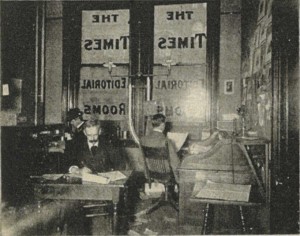
Even though I have always fussed over the way words look on a page, and their spelling, and think quite a lot about matters of grammar and punctuation, I know I am too green at this editing gig to claim any particular insight. It’s a scary role because readers notice editors most when they don’t do their job, as recently happened in a fine Australian novel I just devoured, where the phrase ‘slither of moon’ got past the keeper.
I do like editing though. Because I write, I know how hard it is to find the word that says what you want it to say, so I like taking someone else’s paragraph and thinking very hard about what the author has said but yet might want to say, and about what the subject might need said about it. I like homing in on the author’s insights, and gently moving words about, and changing and adding a few, until the piece says more about what the writer wanted to say, and what the subject needed said.
I like big movements too, shifting sentences and paragraphs about, to change the weight in the story and shift the pace. Then, when you feel it all runs properly, you get to smooth it down, apply grammar rules and the house style, check the spelling and send it, nicely polished, into the world. Your own hand is invisible, but you hope your author shines, free from any typo that might make a reader think less of them, or the publication you’ve worked on.
I hope this process also helps me, not just as an editor, but as a writer. When I say that I’m not talking about producing more perfectly punctuated essays. I mean that, while I trim someone else’s qualifiers and adjectives, I hope I will be confident enough to write without their protective padding. While I flip someone else’s sentences around to change the voice from passive to active, I hope I will myself be brave enough to write boldly and clearly. When I shift the weight of someone else’s paragraphs, I hope I will know where the weight should sit in my own stories, and how to pace them.
Being an editor also makes me hope for a good editor for myself – that, should I fail to do those things when I write, a careful eye will make sure my stories are well-weighted and flow, that my voice is brave, and my moons are in slivers.